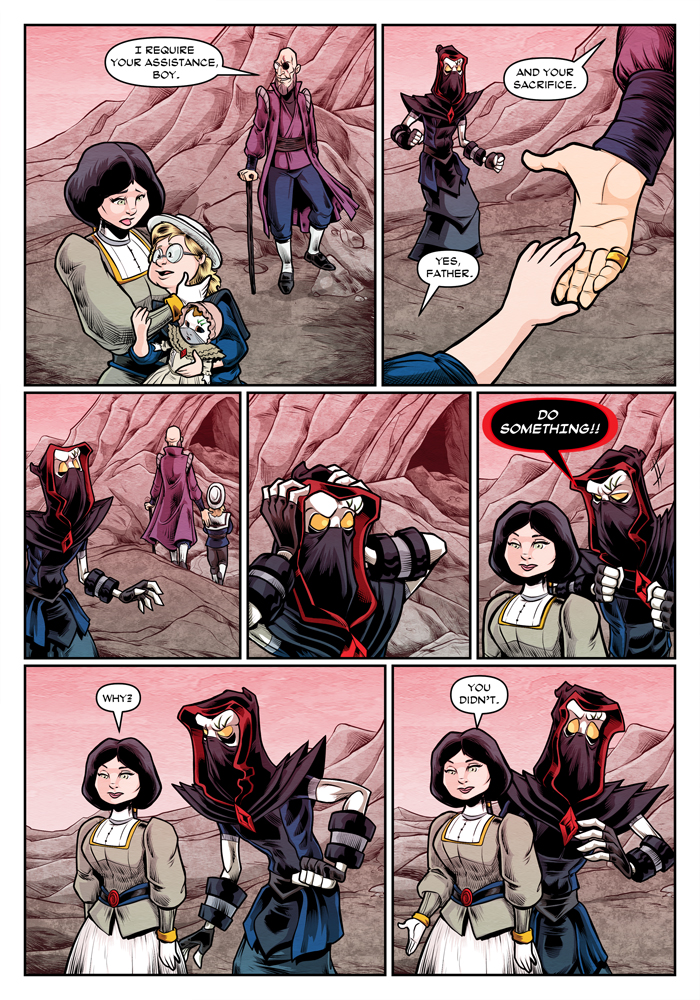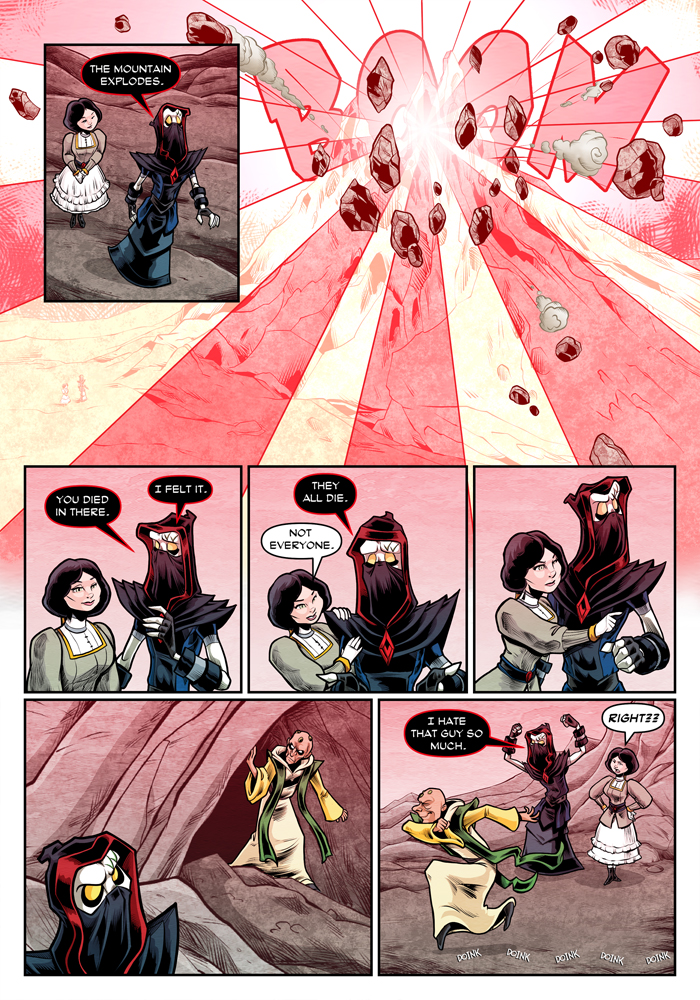
SCDD is a tight-knit raiding guild (heroic and normal difficulty), currently looking for a main tank to join our mature, dedicated, and frankly fabulous team. The book opens, in fact, with the post that draws Drew's attention: And so after a major disagreement with his guild ("he pretty much admitted he ragequit his last guild over loot drama" ), Drew decides to apply for membership in a different one. He's a bit burnt out though, both with his "guild," or group with whom he typically plays, and with the style of his own playing-methodical, aggressive, competitive, and, increasingly, joyless. Its narrator, college student Drew, is an avid player of the MMO (massively multiplayer online) game Heroes of Legend (loosely based on Blizzard Entertainment's World of Warcraft).


As Hall himself notes on his blog, Group is a far cry from his RITA-award winning erotic romance For Real no kink, not much sex, and lots of gaming jokes. My doubt arose not from personal experience, but from having recently read Alexis Hall's loving tribute to online gamers and queerness, Looking for Group. One of the speakers, Tyler Bickford of the University of Pittsburgh, mentioned that most academic studies of kids' use of of social media indicate that they are typically not using these new technologies to meet and interact with strangers, but far more often with people they already know.Įven as I found myself shaking my head, wanting to disagree, or at least qualify, Bickford's statement, a student sitting beside me said the same thing that I was thinking: "That's not true for queer kids." During the Q & A period after the discussion, the issue of tweens and social media came up.


Last week, I attended a panel at MIT on "The Turn to Tween," a panel discussion about the roots of the word, its connection to consumerism and marketing, and the way "tweens" are depicted in popular culture.


 0 kommentar(er)
0 kommentar(er)
